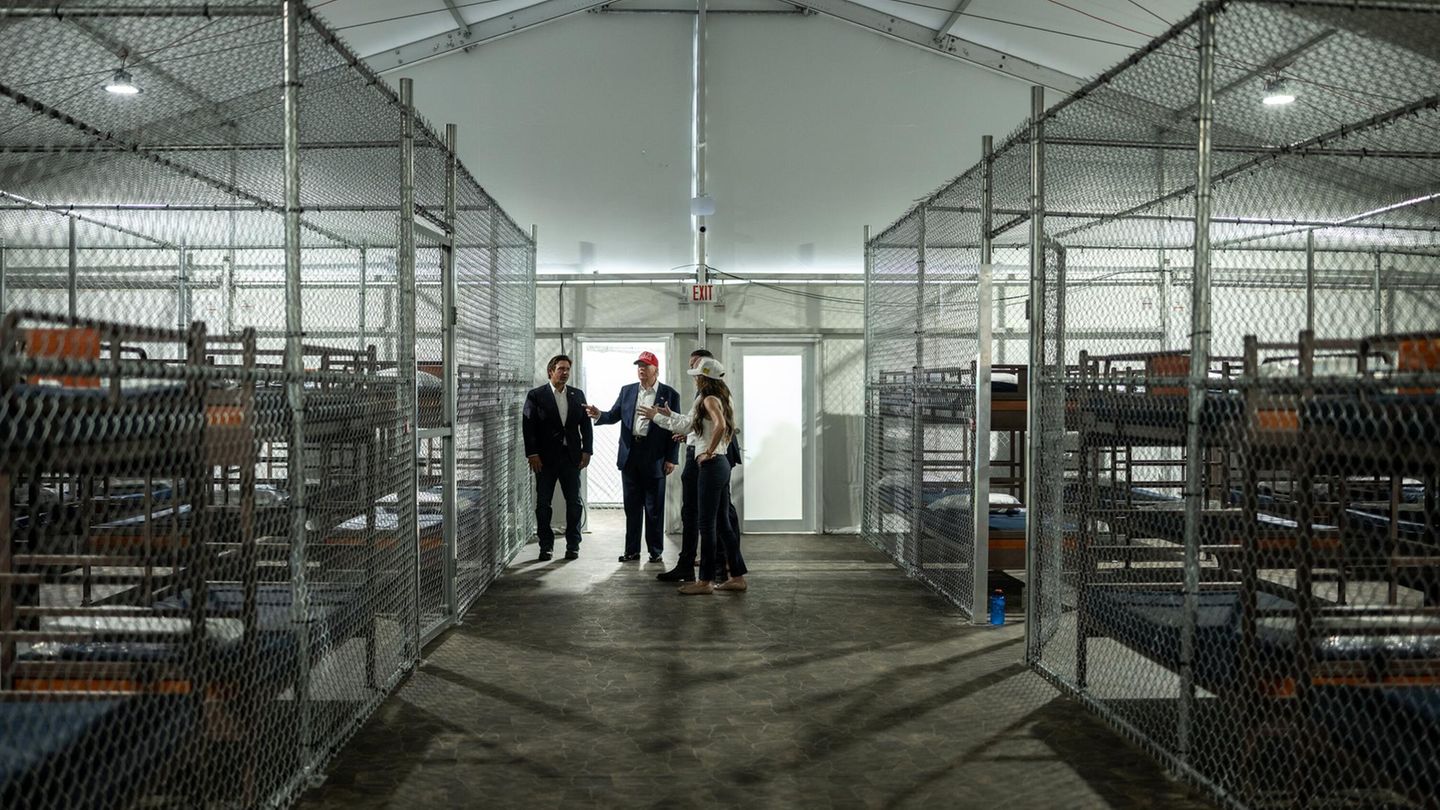“It worries me when science is called into question,” says Stefan Koch, Rector of the Johannes Kepler University (JKU) in Linz. “Because it calls our democracy into question. What is there to discuss if we cannot agree on facts?” The Kepler University sees communication as a means of combating the strong scepticism towards science in Austria – and in two ways: With the Kepler Salon in Linz’s Rathausgasse and the Circus of Knowledge for children and young people on the campus in Dornach-Auhof, it is the only university in Austria to operate two such facilities. With the start of the autumn program, a cooperation with the Linz Art University is now starting.
The two universities will be showing innovative research and art projects over six evenings and inviting people to join in the discussion. On October 28 (7.30 p.m.), short films from the “alt narratives” series, which the art university created with the JKU, will be shown. The topic is fake news and alternative facts. Andre Zogholy and Marlies Hajnal will talk about the film production, and the hosts will be art university vice-rector Gitti Vasicek and Kepler Salon director Cornelia Lehner. On December 16 (7.30 p.m.), the focus will be on the Bio Fabrication Lab, where the art university is researching soft materials with the JKU, among other things.
16,000 visitors in the “circus”
What science and art have in common is the creative spirit of discovery, said Brigitte Hütter, Rector of the Art University: “We want to enter into a dialogue so that new things can emerge.” In relation to the scepticism towards science, she said: “Universities have a social mandate to stand up for democracy, the rule of law and human rights.” And she continued: “Politicians are well advised to listen to science. But that is not always the case.”
“}”>
Photo: Andreas Röbl/JKU
Source: Nachrichten




